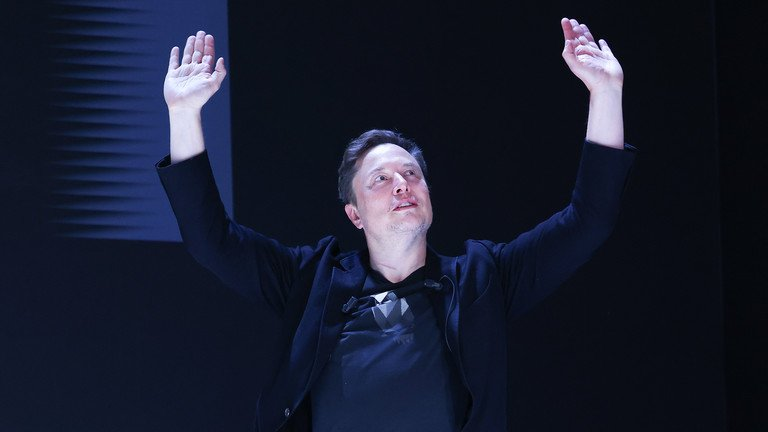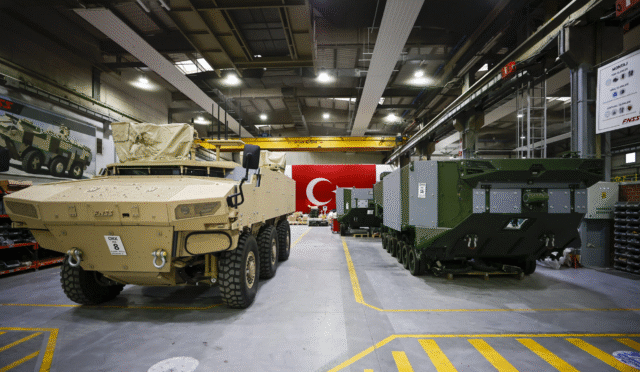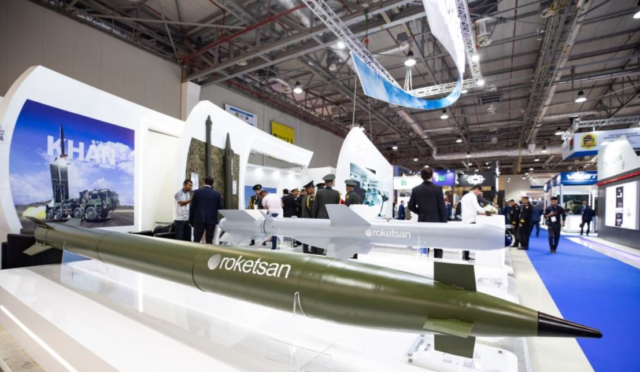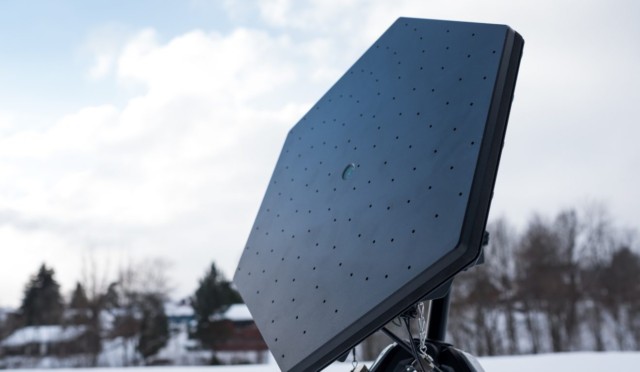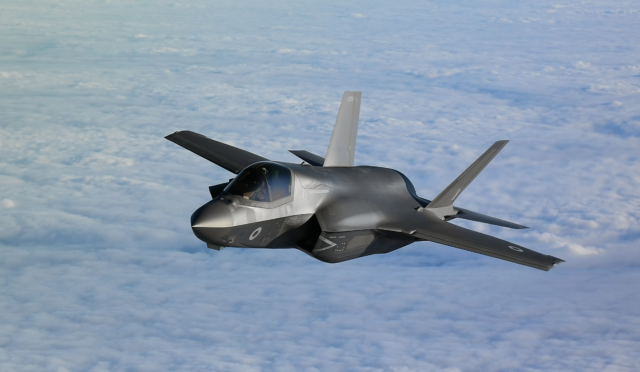Elon Musk Claims Drone Swarms Will Outperform Piloted Fighters
**In a bold statement, Elon Musk asserted that drone swarms will easily surpass manned fighter jets in modern combat.** His remarks aimed to inject fresh scrutiny into the U.S. Army’s F-35 fighter jet program, which has faced ongoing criticism for its high costs and operational issues. Musk emphasized that these advanced drone systems pose a significant threat to traditional air combat, effectively challenging the relevance of piloted aircraft in contemporary warfare.
Musk’s sentiments echoed a post by commentator Laura Loomer, who characterized the F-35 initiative as a significant failure for American taxpayers, labeling it “a betrayal worth billions of dollars.” She pointed out that the aircraft’s operational readiness is questionable, suggesting that they are ill-equipped for the demands of modern warfare. Musk appeared to back her claims, suggesting drone swarms could devastate manned fighters swiftly and effectively.
Concerns About the F-35 Program
Loomer raised additional concerns regarding the F-35’s radar systems and software, describing the aircraft as “unfit for war” due to its technical shortcomings. She argued that the program deserves much more rigorous evaluation, referencing reports that indicate little to no improvements in critical software and systems necessary for the fighter jets to achieve full operational capabilities.
The criticisms surrounding the F-35 have not escaped public attention. Despite its status as one of the most costly military programs in U.S. history, questions linger about its effectiveness in future military engagements. Musk’s commentary suggests that the utility of the F-35 may be on the decline amidst evolving military technologies.
Musk’s Position on Future Warfare
Musk, who has long been a visionary in technology and space exploration as the CEO of SpaceX and Tesla, stressed the urgency of adapting military strategy in response to advancements in drone technology. He predicted that inexpensive drone swarms could negate the advantages offered by crewed aircraft, thus reshaping air combat as we know it.
This assessment does not merely reflect Musk’s business acumen but also underscores a shifting paradigm where unmanned vehicles could dominate battlefields. His skepticism toward manned fighter jets calls into question their future role, especially with the rise of inexpensive, swarm-based drone technologies capable of outperforming traditional air power.
The Broader Implications for Military Strategy
Musk’s remarks have sparked widespread discussion about the direction of military technology and the future of warfare. As nations invest heavily in drone technology, the implications for air force strategies globally could be profound. The idea that cheap and agile drone swarms could outmaneuver and ultimately destroy legacy systems such as the F-35 raises alarms for military planners.
In a rapidly evolving battlefield where technology plays an increasingly critical role, Musk’s assertions bring forth a compelling case for reconsideration of military investments. The potential for drone swarms to disrupt traditional military assets could lead to significant shifts in defense spending and strategy in the years to come.
The Complexities of Military Procurement
Despite continued criticism, the F-35 program remains integral to U.S. military strategy, reflecting a complex relationship between technological advancement and defense procurement. The push for multifaceted capabilities in the F-35 has arguably burdened the program with high costs and operational inefficiencies, leading to questions about its purpose.
Musk articulates a concern shared by many defense experts: that the F-35 project’s ambition to serve numerous roles has rendered it ineffective as a fighter. His perspective calls for a reevaluation of military projects that may no longer reflect the realities of modern combat.
Current Context of Military Innovation
As the military landscape evolves, the dialogue surrounding drone technology and crewed aircraft becomes increasingly relevant. The debate touches not only on the effectiveness of existing platforms but also on the strategic direction of future military engagements.
With each advancement in drone capabilities, the argument for their adoption over traditional fighter jets gains momentum. Such discussions highlight the importance of innovation in maintaining a competitive edge in global military capabilities.
Conclusion: A Future Redefined by Technology
Musk’s claims challenge entrenched beliefs about conventional air power, provoking essential questions about the future of combat. If drone swarms can indeed achieve the level of efficiency Musk predicts, the role of manned fighters will need to be reexamined comprehensively.
The conversation around the F-35 program and the viability of crewed aircraft highlights a crucial juncture in military history. As technology continues to advance at an unprecedented rate, strategies that once seemed invulnerable may find themselves deeply scrutinized and potentially obsolete.
